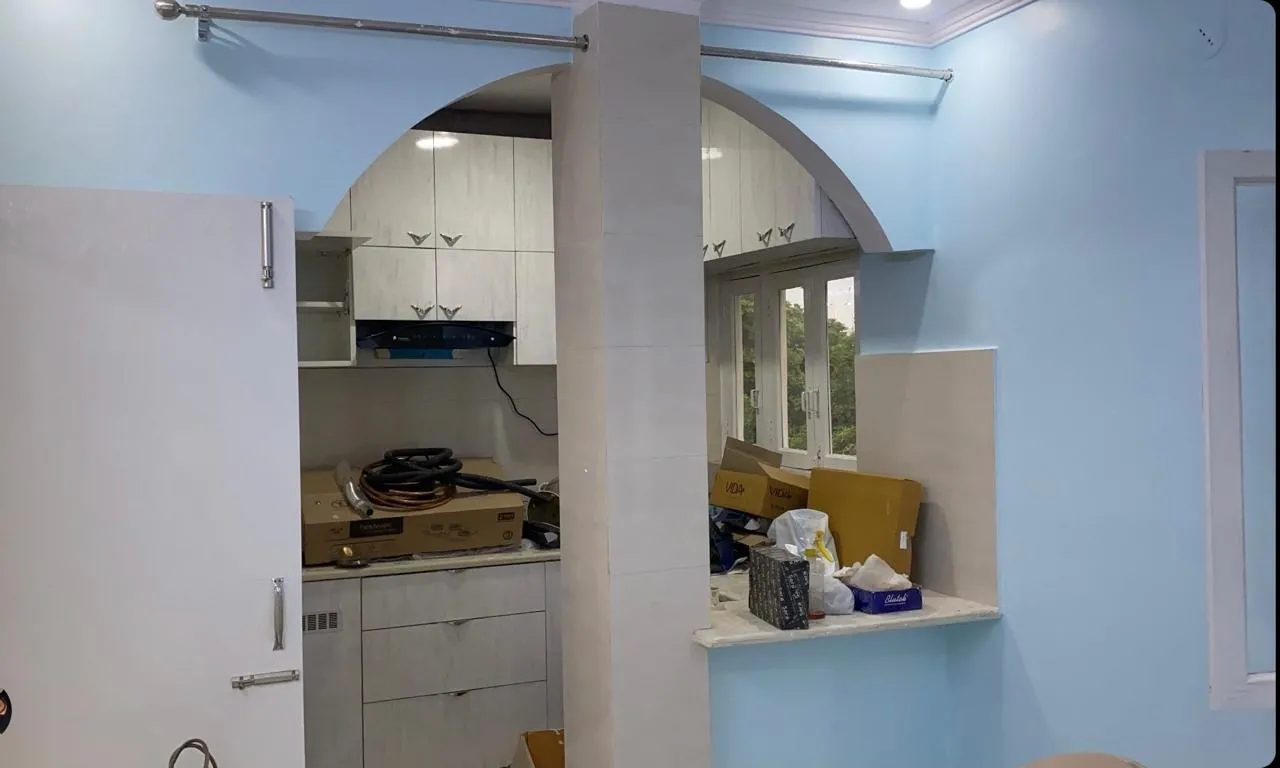Five reasons why Bengaluru and Hyderabad are top centers for global capabilities centers
By Bricksnwall | 2024-09-16

According to an August 2024 estimate, Bengaluru and
Hyderabad accounted for more than 60% of office leasing for GCCs in India
between 2022 and H1 2024.
According to recent research by property firm
CBRE, Bengaluru and Hyderabad accounted for more than 60% of the office leasing
undertaken by GCCs throughout India's top six cities between 2022 and H1 2024.
According to a survey by real estate firm Colliers,
the average transaction size for GCC office leasing in Bengaluru and Hyderabad
is 1.30 lakh square feet, compared to 70,000 square feet in Pune, Mumbai, and
Delhi-NCR.
GCCs are offshore captive centres of multinational
corporations that perform support activities such as back-office functions, IT
support, and customer relationship management, among other things. Some
multinational firms also employ GCCs as centres of excellence.
Here are five reasons why Bengaluru and Hyderabad have gained popularity among international corporations.
1. Availability of skilled technical talent
According to industry analysts, the availability of
experienced personnel at low prices is the top priority for multinational firms
intending to establish offshore divisions. While India is an appealing offer
for major MNCs in terms of low labour costs, Bengaluru and Hyderabad look to
have an advantage over other top cities in the country due to a
well-established IT industry.
Aside from technology, GCCs dominate areas such as BFSI,
engineering and manufacturing, research consultancy, and life sciences.
Semiconductors, electric vehicles, healthcare, and other new segments have a
reduced market share right now.
"It must be noted that there is a difference
between Bengaluru and Hyderabad," said Abhinav Joshi, CBRE's Head of
Research for India, the Middle East, and North Africa.
Bengaluru is distinguished not only by its size,
but also by the diversity of its talent, particularly at the mid and senior
levels, he stated. Meanwhile, Hyderabad continues to attract significant demand
from life sciences, technology, and, to a lesser extent, BFSI, he added.
2. Supply of integrated commercial real estate
In this sense, integrated real estate refers to
large-scale, high-quality commercial developments that include flexible
workspaces as well as additional offerings such as retail, food and beverage,
play arenas, leisure or fitness facilities, ESG compliance, and so on. Experts
indicated that both locations in question, particularly Bengaluru, provide a
steady and adequate supply at competitive, if not advantageous, prices.
"We have more of them in Bengaluru and, to
some extent, Hyderabad. Hyderabad, I would argue, is mostly located in the IT
corridor and parts of the extended IT corridor," Joshi stated. Typically,
GCCs choose real space that mirrors what they have in their global
headquarters, he said.
Furthermore, a Colliers survey stated that formerly
reticent GCCs are increasingly turning to flex spaces for their expansion goals
due to the flexibility and scalability they provide. According to the survey,
GCC occupants currently occupy 5-10% of India's flex seats.
Bengaluru led the flexible workspace footprint
among India's top eight cities in the first half of 2024, accounting for 31% of
the segment's total 58 million square feet, according to Cushman &
Wakefield. Meanwhile, Hyderabad had a roughly 12% stake.
3. The existence of a wider complementing
environment.
Experts pointed out that the two geographies in
question have an IT-enabling environment as well as a substantial presence of
startups and tech enterprises. GCCs, after all, end up hiring talent from the
same ecosystem, which is even better if it is diverse, they noted. Joshi
believes it is also a cluster effect and first-mover advantage.
4. Enabling the commercial and social environment.
Experts noted that, while the top cities in India
have similar policies in place to encourage MNCs and make doing business easier
for them, Karnataka has been at the forefront of enabling policies for new
industries such as e-vehicles, data centers, and GCCs.
In fact, the technologically innovative state is
preparing to implement India's first GCC policy soon. According to media
sources, the draft policy is presently being developed and is scheduled to be
released next month.
Furthermore, English proficiency, pleasant weather,
and a cosmopolitan culture contribute to the attractiveness.
Speaking of Hyderabad, an unnamed property expert
praised the city's adaptability, agility, and proactive approach to addressing
infrastructure challenges. The political regime has also been quite
accommodating and receptive towards big global firms," according to the
individual.
5. Variety of renting possibilities
According to sectoral analysts, Bengaluru and
Hyderabad have various secondary and peripheral markets that offer comparable
quality at lower rental costs.
"Bengaluru and Hyderabad have larger
sub-dollar and near-dollar micro markets with average rentals at ₹70 per square
feet, making a bigger financial impact when setting up GCCs," noted Vimal
Nadar, Senior Director and Head of Research at Colliers India.
According to Collier's analysis, GCCs, which
generate the majority of their revenue in US dollars, desire to have a presence
in micro-markets with monthly leasing costs of less than or near to a dollar per
square foot.
Statistics on total GCC activity in India
"GCCs have been present in India since the
early 2000s, initially in the form of KPOs. From there, they have advanced to
become GCCs and innovation centers in specific locations," Nadar
explained.
The GCC environment in the country has evolved
significantly since the turn of the century, with more than 1,600 centers
expected by 2024, according to projections from several consultancies.
According to Knight Frank India, India's offshoring
market will have an overall leasing volume of 27.3 million square feet in 2023,
with GCC transaction volumes accounting for 20.8 million square feet.
“Over the past decade, India has transformed itself
from a cost-effective center into a value-adding captive center," stated
Viral Desai, Senior Executive Director, Occupier Strategy and Solutions,
Industrial and Logistics, Capital Markets and Retail, Knight Frank India.
Colliers expects 40-50 million square feet of GCC leasing activity over the next two years, accounting for around 40% of the total demand for office space in India.
Source: Hindustan Times




